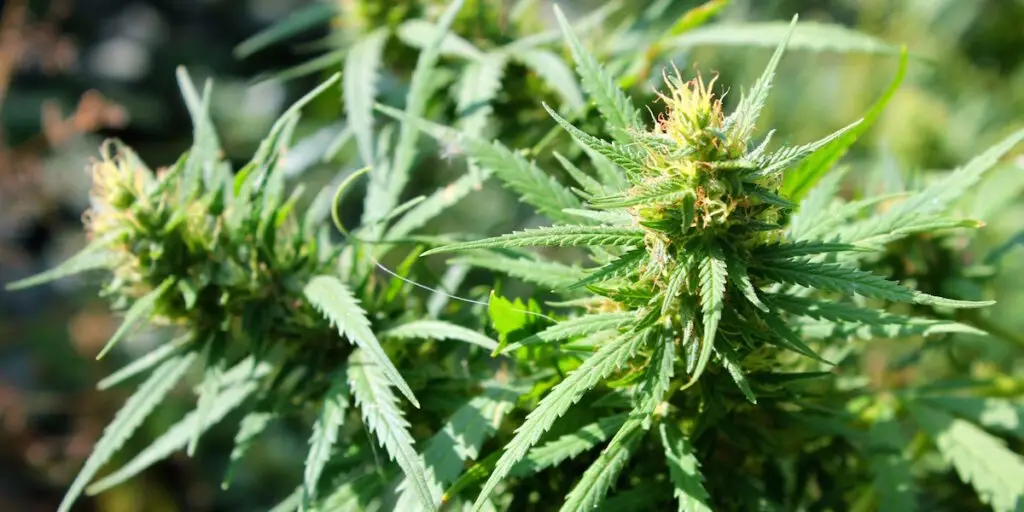*The following is excerpted from an online article posted on Study Finds.
From cars to computers, not many things are still the same as they were 50 years ago. A new report says you can add marijuana to that list as well. While support for legalizing this once illicit drug continues to grow, researchers from the University of Bath say today’s cannabis isn’t the same product it was in the 1970s. They reveal that the marijuana found on the streets today is significantly stronger, increasing the risks of addiction and harmful side-effects.
A team from Bath’s Addiction and Mental Health Group examined 80,000 samples of marijuana collected over the last 50 years. The samples come from the streets of the United States, United Kingdom, the Netherlands, France, Denmark, Italy, and New Zealand.
Study authors tested the cannabis to see how each sample’s concentrations of tetrahydrocannabinol, or THC, compared over time. THC, or is the active ingredient in cannabis that produces the drug’s intoxicating effects and makes users “high.”
The results reveal THC concentrations in herbal cannabis have increased by 14 percent between 1970 and 2017. Researchers point to stronger varieties like sinsemilla becoming the dominant brands of herbal marijuana found for sale as the main reason for this increase. Traditional herbal cannabis products from decades ago contain more seeds and less THC, thus making them much easier for users to tolerate.
The study finds frequently using marijuana with high levels of THC can lead to a higher risk of developing problems including drug addiction and psychotic disorders.
“As the strength of cannabis has increased, so too has the number of people entering treatment for cannabis use problems. More Europeans are now entering drug treatment because of cannabis than heroin or cocaine,” lead author Dr. Tom Freeman says in a university release.
The study adds that cannabis resin, or hash, has now surpassed herbal marijuana in terms of its strength. Researchers say THC concentrations in cannabis resin have skyrocketed by 24 percent since 1975.
“Cannabis resin – or ‘hash’ – is often seen as a safer type of cannabis, but our findings show that it is now stronger than herbal cannabis. Traditionally, cannabis resin contained much lower amounts of THC with equal quantities of CBD, however, CBD concentrations have remained stable as THC has risen substantially, meaning it is now much more harmful than it was many years ago,” study co-author Sam Craft adds.
The study appears in the journal Addiction.
Source: Study Finds
https://www.studyfinds.org/cannabis-strength-skyrocketed-last-50-years/
Find more culture news on HomeWord’s Culture Blog, named in 2020 for the fifth consecutive year, as one of the top 50 culture blogs on the planet!




